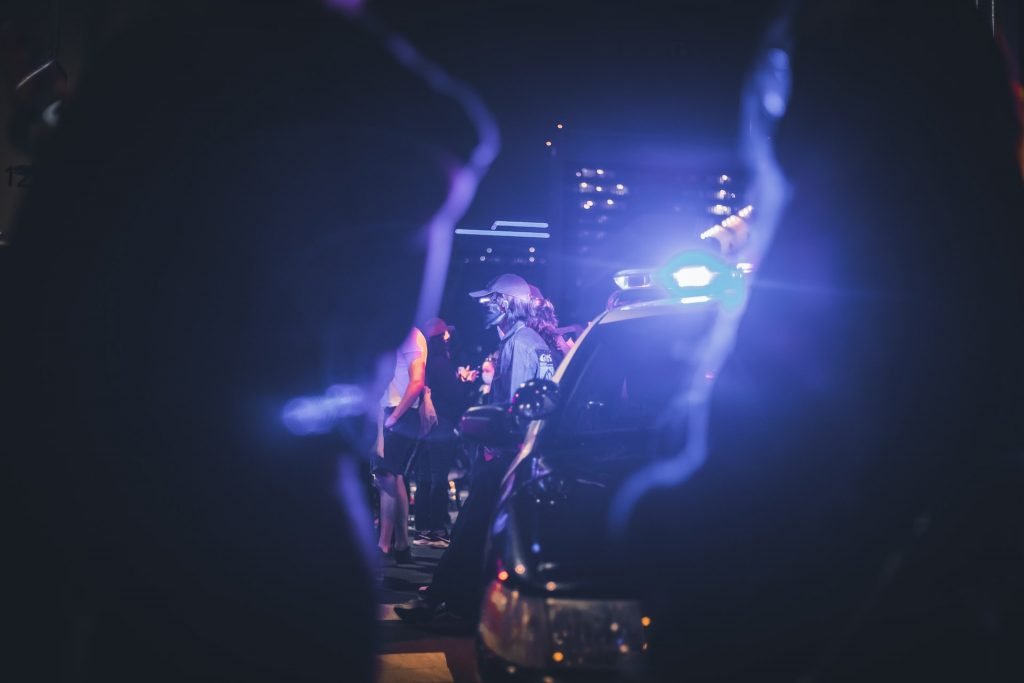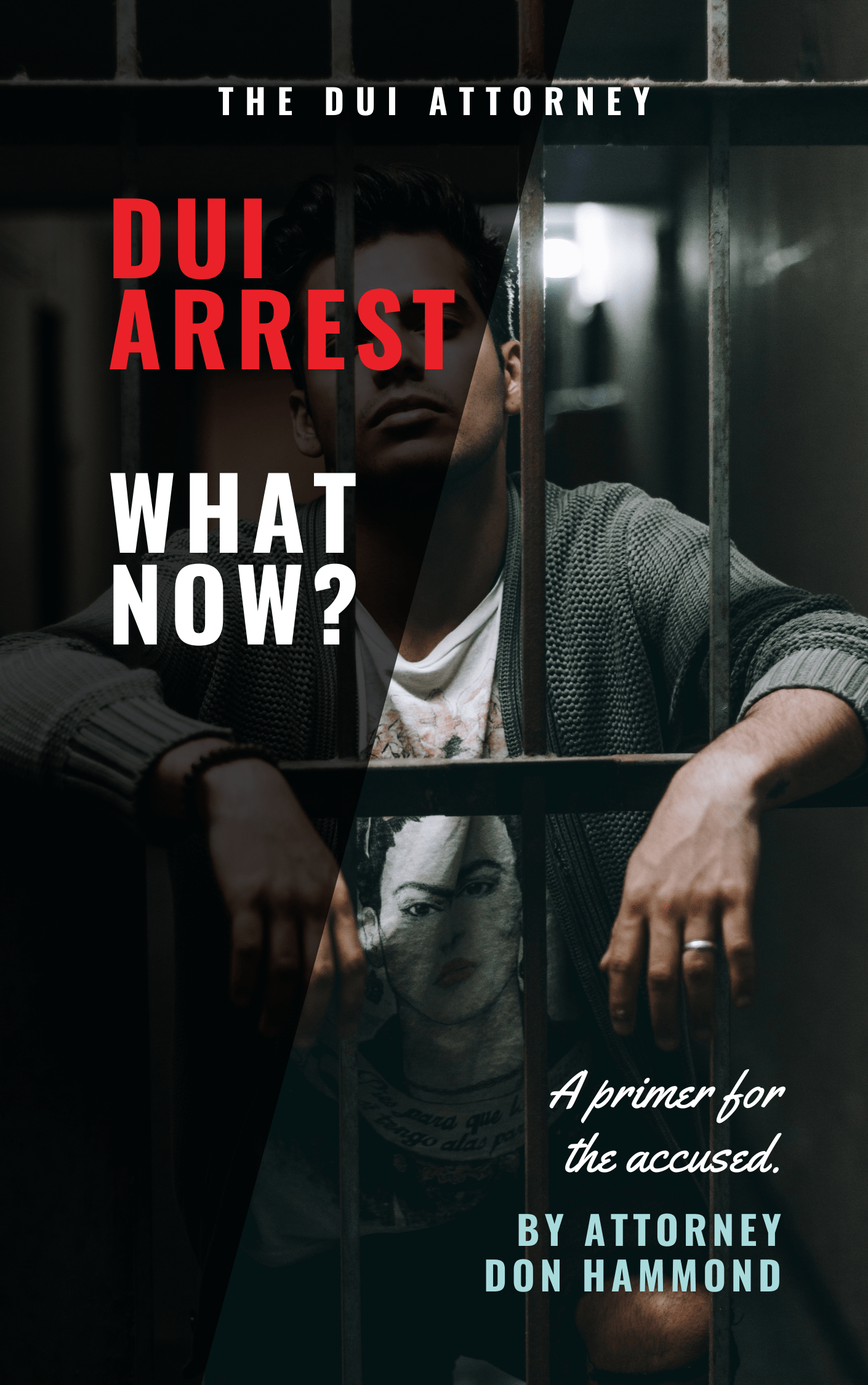
DOES ENTRAPMENT APPLY TO DUI STOPS?
California has some of the strictest laws against driving under the influence. In some cases, police have been known to entrap drivers into DUI charges. While this occurrence is a rarity, many drivers have a limited or warped understanding of the actual crime of entrapment. This doesn’t mean that police can’t take unscrupulous measures to bag drivers for a DUI. Entrapment could be a plausible legal defense in your DUI case, but it would be essential to understand what constitutes entrapment in DUI cases.
What Constitutes Entrapment?
Entrapment happens when a police officer compels someone to perform an illegal act they wouldn’t otherwise do without the influence. Police conduct that may include entrapment may include; undue pressure, harassment, and fraud. When entrapment occurs, law enforcement doesn’t merely offer defendants the opportunity to commit a crime. For an entrapment defense to hold in court, judges also expect the defendant to have resisted any temptation to commit a crime.
The defendant has the burden of proving entrapment. Theoretically, it isn’t illegal for law enforcement officers to provide an opportunity for the commission of a crime. However, they can’t induce people to commit a crime through overbearing conduct, likely to push a reasonable, law-abiding citizen to commit the crime.
DUI Entrapment
Two scenarios may lead people to use entrapment as a defense; at DUI checkpoints and when police hang around bars to catch drunk drivers. The first scenario is less likely to win in an entrapment defense. There’s a common misconception that some police conduct during both scenarios would be considered a trap. However, the legal definition of entrapment includes the element of the defendant lacking a predisposition to engage in the criminal act. Simply put, an officer’s conduct must force someone to do something illegal they wouldn’t otherwise do. In the second scenario, entrapment could only happen if an officer causes a drunk person to drive when they wouldn’t have done so. Otherwise, it isn’t illegal for police officers to hang around bars.
Entrapment At DUI Stops
DUI checkpoints are even less likely to pass the entrapment defense. Even though many people would consider checkpoints as traps, they do not fit into the legal definition of entrapment for a few reasons. First, checkpoints are announced to the public before they are established. DUI checkpoints are subject to legal procedures that law enforcement agencies must adhere to to make them lawful. Second, a drunk driver stopped at a checkpoint has not been coerced or induced by law enforcement to drink and drive. If arrested at a DUI stop, it is because the driver willfully made a choice on his or her own to drive while intoxicated. Finally, officers have the right to be at the checkpoint because they are considered public spaces, and the same applies to drivers. In fact, California laws allow drivers to turn away from checkpoints should they choose so, and the police can’t force drivers to go through a DUI checkpoint.
Final Thoughts
Can entrapment be used as a defense at DUI stops? Unfortunately, no. DUI stops do not induce an ordinary person to commit a crime. However, the police may use some tips and tricks to get you to incriminate yourself for a DUI. While entrapment can’t be used as a defense in most DUI incidences, it isn’t uncommon for law enforcement officers to break protocol when enforcing DUI checkpoint procedures. If you’re facing DUI charges under unique circumstances, a good defense attorney can call out the flaws in these procedures and consequently help evade a conviction. Contact Criminal Defense Hero, P.C. at +1 323-529-3660 or online today to discuss what options are available for your DUI case.










